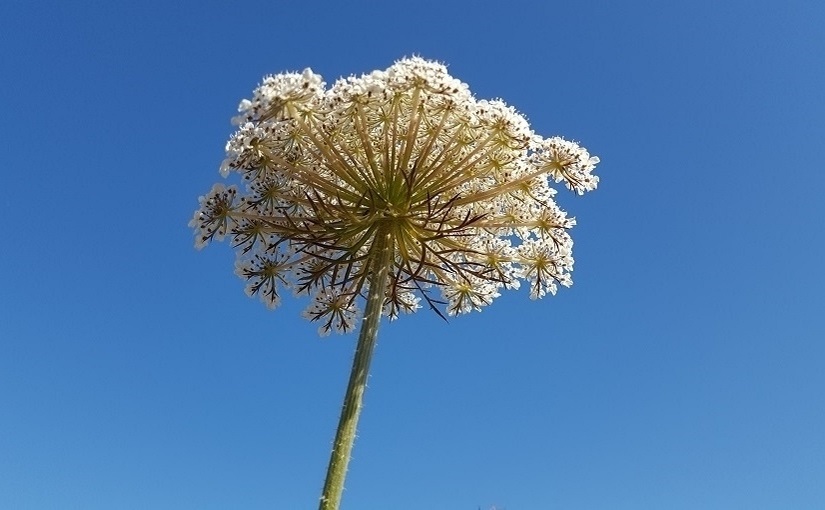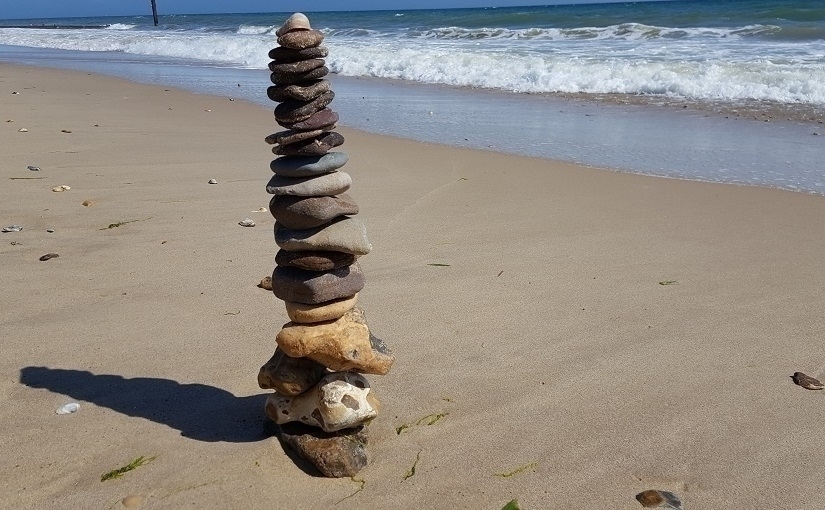At times I can become quite philosophical here, wondering at what’s going on beneath the surface of life and our interactions with it (see Notes One). Because it seems to me that there is meaning behind how we’re living, there is something being ‘said’ by the picture we’re painting with our actions. And, often, money seems the point where that’s appearing most clearly.
The degree to which economic realities have always been part of life and ways our current take on that might actually be quite different may be questions for another day, but it’s interesting to think what these things ‘mean’ and what they create socially, personally or environmentally (Notes Two). We might tell ourselves it’s forever been this way, but arguably the scale and intensity of modern ways are something very unusual.
In those posts and others within the theme of Economy & Values, I’ve talked of economic activity claiming to meet needs while simultaneously acting to create such demand by tapping into the delicate realms of human psychology: our desire to belong, feel good about ourselves and also emotionally or socially secure apparently having become valuable assets within the field of marketing.
Across the whole of life, there’s now this constantly rolling narrative saying precisely why we’re never enough: age, gender, appearance, image, style, health, social connections, life choices, communication, relationships, views, interests, everything’s now repackaged into this commercial conversation about how best to be.
As humans we clearly live within that reality, attempting to find our bearings within it: looking around us then trying to make sense of the world, of society, of what all these symbols, codes and conventions mean in terms of status, approval, and so forth. We’re essentially – at least in part – social creatures who seek to participate within community, culture, and other shared constructs.
And there’s a certain logic, I suppose, to adverts fabricating needs to create demands and markets; a circular reasoning that ties up cause and effect, providing reasons for its own existence. It’s also an interesting picture in that it’s plugging the fathomless demands of the human psyche into the rather limited world of natural resources.
It seems cultural participation, social status and personal worth often now come down to this economic scenario we’ve created where everything deemed valuable has been given a price tag. This sense of markets needing to tap into human culture and psychology to fuel growth – our search for meaning and fundamental insecurities dovetailed neatly into economic thinking.
How can that be sustainable ecologically, or even socially? Will we ever be satisfied by the pursuit of ‘goods’ or just kept in this never-ending state of anxiety, where even our economic stability as a society is built upon foundations of human inadequacy or worthlessness? (Notes Three)
The sense of it all, and the surety of using this formula as the basis for society, seems so questionable; it’s appearing to be this convoluted consumption of self, meaning and natural resources almost entirely in the pursuit of wealth.
Notes and References:
Note 1: What is real?
Note 1: Power in what we believe
Note 2: Business defining human life
Note 2: Culture selling us meaning
Note 3: “Small is Beautiful”
Note 3: “Paradox of Choice”
Thinking more of ways forward from darker takes on life, Responsibility in shaping this reality looked at our roles in finding other paths.










